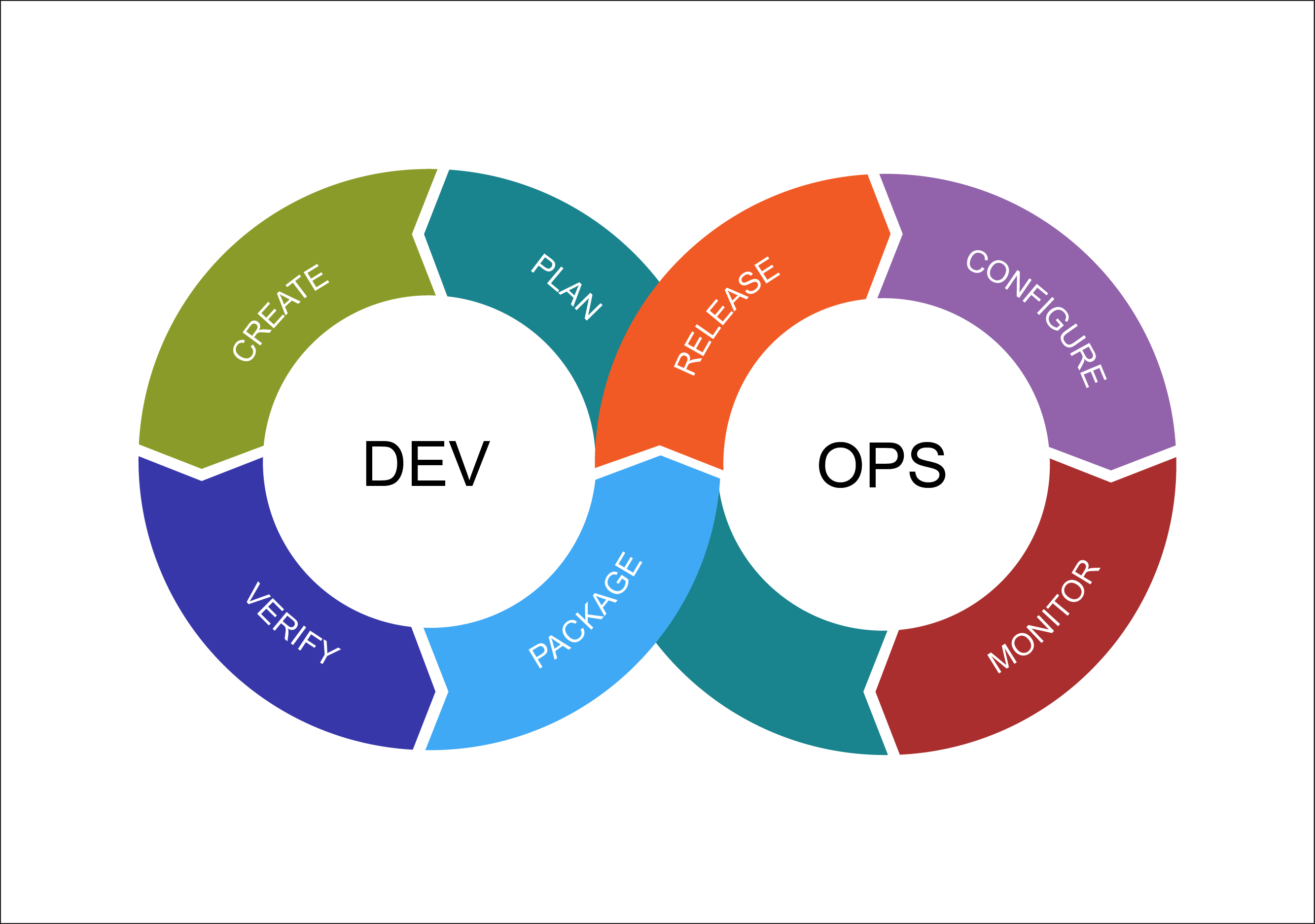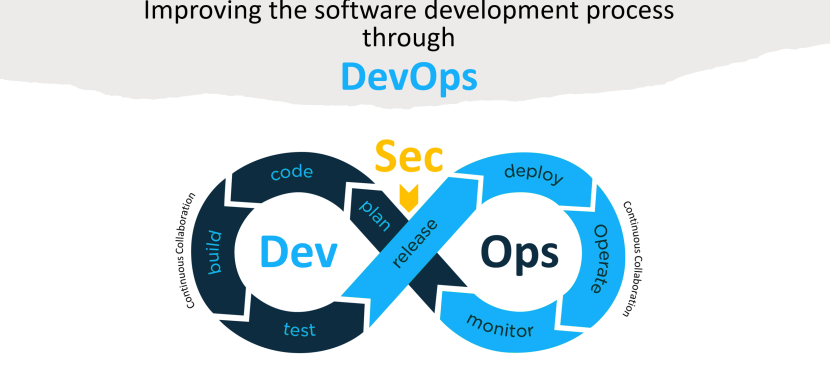
Table of Contents
Introduction:
DevOps is a rapidly growing approach to software development that combines the practices of software development and IT operations. The goal of this is to create an efficient, fast, and reliable software development process by automating and streamlining the various steps involved in software delivery. This helps organizations to be more agile in their development process and deliver software faster and with higher quality.
In this blog, we’ll explore the basics of DevOps, its benefits, and how organizations can get started with this approach.
What is DevOps?
It is a cultural and technical movement that seeks to bring together development and operations teams to work collaboratively on software delivery. This collaboration is aimed at improving the speed, reliability, and quality of software delivery by breaking down the traditional barriers between development and operations teams.
Its emphasizes automation, collaboration, and continuous improvement. It uses a variety of tools and processes to automate the software development pipeline, making it possible to deliver software more quickly and with fewer errors.

Benefits of DevOps:
Faster Software Delivery:
It enables organizations to deliver software faster and more efficiently. With automation and collaboration, software can be delivered more quickly, with fewer errors, and with better quality.
Improved Collaboration:
It promotes collaboration between development and operations teams. This improves communication, reduces silos, and helps teams to work together more effectively.
Increased Efficiency:
It helps organizations to automate the software delivery process, making it faster and more efficient. Automation eliminates manual tasks, reduces the time needed to deliver software, and eliminates errors.
Better Quality:
It helps organizations to deliver software with better quality. Automation and collaboration help to catch errors early in the development process, reducing the risk of bugs and improving the overall quality of software.
Improved Security:
DevOps emphasizes automation and continuous integration, which helps to improve security by identifying and fixing security issues early in the development process.
Getting Started with DevOps:
Getting started with DevOps can seem daunting, but there are several steps organizations can take to get started:
Define your goals:
Start by defining what you hope to achieve with this. This will help you to prioritize your efforts and make sure that you’re focusing on the right areas.
Assess your current processes:
Look at your current software delivery process and identify areas where it can help. This will help you to understand where automation and collaboration can have the biggest impact.
Choose the right tools:
There are many this kind of tools available, and choosing the right one is critical to success. Choose tools that align with your goals and that are compatible with your existing systems.
Automate your processes:
Start by automating manual tasks and processes. This will help you to streamline your software delivery process and reduce errors.
Collaborate with your teams:
Encourage collaboration between development and operations teams. This will help to improve communication and increase efficiency.
Continuously improve:
It is a continuous improvement process. Its teams work in an everchanging world where the common expectation is that quality and speed improve. They constantly need to improve their way of working and adapt to changed circumstances. Change happens when the pain of staying the same is greater than the pain of change.
Conclusion
It is a critical approach to software development that combines the practices of software development and IT operations. It enables organizations to deliver software faster, with higher quality, and with better security. DevOps promotes collaboration, automation, and continuous improvement, making it possible to create an efficient and agile software delivery process.
Getting started with DevOps requires defining your goals, assessing your current processes, choosing the right tools, automating processes, collaborating with teams, and continuously improving. By following these steps, organizations can reap the benefits of DevOps and deliver software faster, with higher quality, and with improved security.
In conclusion, DevOps is a critical approach for organizations looking to improve the speed, reliability, and quality of their software delivery process. By embracing DevOps, organizations can stay ahead of the curve and stay competitive in a rapidly changing digital landscape.